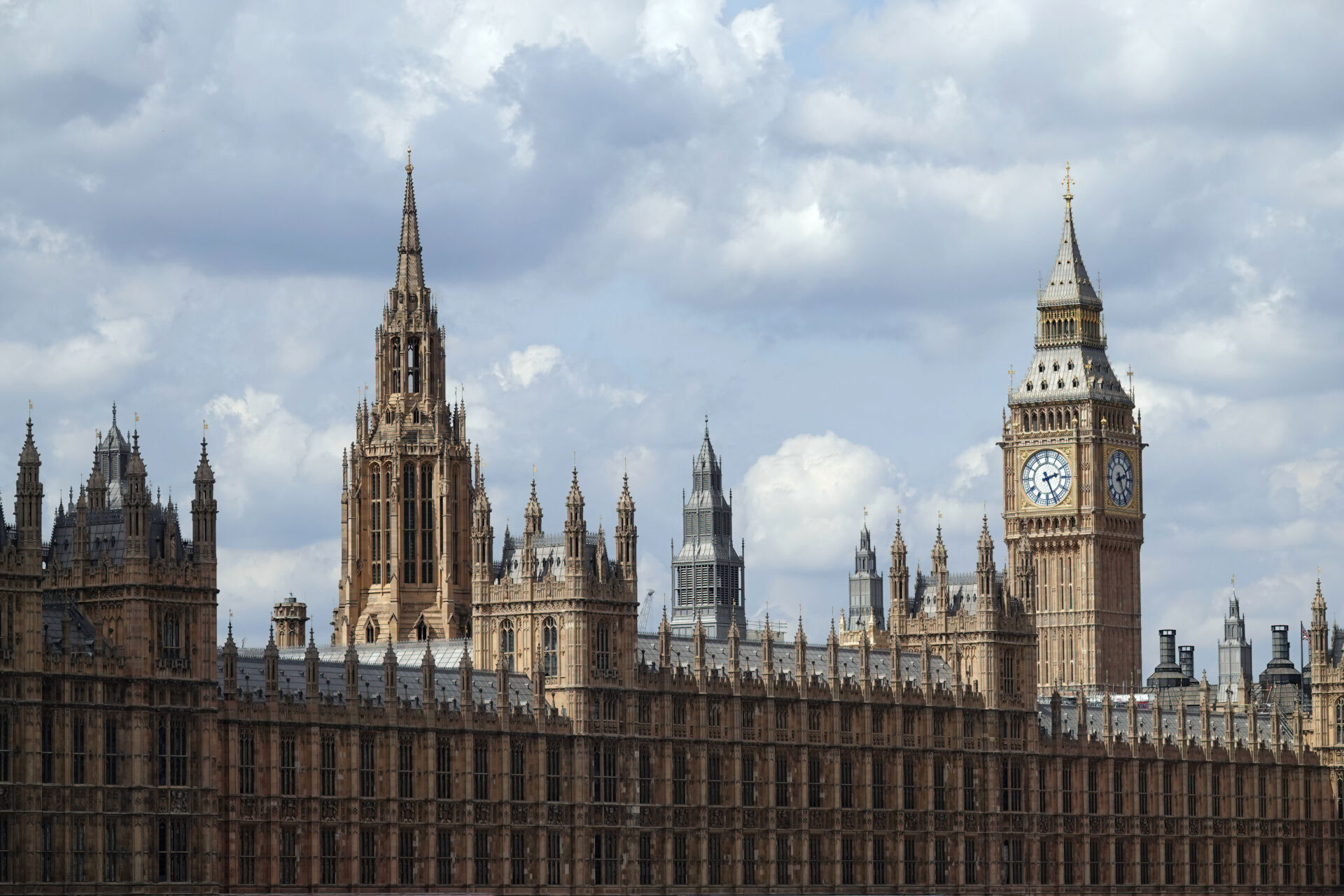English PEN turned 100 in 2021. Marking our centenary during the pandemic has been arduous but it has also enabled us to do some serious thinking about freedom of expression. This has long been a central point of focus for us as we campaign for writers who face persecution around the world and in the UK.
Structural inequality remains a key barrier to freedom of expression in England and as such we have been thinking afresh about how we support equity of opportunity for readers and writers across England, which of course includes work on power, inequity and the difficulties faced by marginalised voices.
As a literary and human rights organisation, we champion the broadest selection of voices in all our work. Our centenary programme, Common Currency, featured events, residencies, new commissions and long-term partnerships, all supported by a grant from Arts Council England and inspired by the guiding principles of the PEN Charter, that ‘literature knows no frontiers and must remain common currency among people in spite of political or international upheavals.’
Freedom of expression internationally
In support of international freedom of expression, we have made PEN Translates grants and developed PENWrites, an international letter-writing campaign to help raise awareness of writers at risk across the world.
Through our PEN Translates grant we supported the first novel by a Tibetan woman ever to be translated into English, the first translated novel by a Yemeni woman ever to be published in the UK, the first collection of Miyah (Assamese Muslim) poetry in translation and the first children’s book in Hungarian to feature LGBTQ+ protagonists.
“Through our PEN Translates grant we supported the first novel by a Tibetan woman ever to be translated into English”
We work closely with our sister PEN centres on freedom of expression issues around the world. In February, the international PEN movement brought together over 1,000 writers to call for Russia to withdraw from Ukraine, and to ‘stand united in support of writers, journalists, artists and all the people of Ukraine, who are living through their darkest hours’. We are also working in support of and in solidarity with writers from around the world, including Afghanistan, Belarus and Myanmar, where recent events have impacted on our colleagues’ ability to write – and live – freely.
We will continue this work throughout 2022. But freedom of expression is seriously threatened within the UK too, and we’re concerned about a number of pieces of legislation.
The threat in the UK
The proposed reform of the Official Secrets Act could see journalists and their sources treated like spies. The draft Online Safety Bill, which attempts to regulate all online interactions in the UK, would result in far-reaching censorship by online providers. The proposed Police, Crime, Sentencing and Courts Bill would give wide discretion to police authorities to crack down on peaceful protest and empower the Home Secretary to define ‘serious disruption’ – enabling the government to stop any protest it did not agree with. The Higher Education Bill could compound tensions on campus and discourage student unions and university providers from hosting speakers.
“The proposed reform of the Official Secrets Act could see journalists and their sources treated like spies.”
We are also concerned about the Nationality and Borders Bill. PEN has supported writers in exile since the 1930s. (Many of the early ‘in-exile’ PEN centres were based in England, including German PEN-in-Exile, Yiddish PEN, and many others.) The Nationality and Borders Bill could put many already at-risk writers, artists and cultural figures at even greater risk.
The assault on human rights is most obvious in relation to the Human Rights Act (HRA), which provides a crucial layer of protection in the way rights such as free speech are understood and applied by our courts. The Ministry of Justice’s recent consultation document proposed to decouple the interpretation of our rights under the European Convention on Human Rights (ECHR) from Strasbourg jurisprudence and make it more difficult for individuals to file a human-rights claim in British courts.
All this will weaken the ability of individuals to give direct effect to their rights under the ECHR, and remove the ability of judges to interpret laws in a way that is compliant with the ECHR – a crucial safeguard against broadly worded laws. We are determined to counter the government narrative, which positions the HRA in opposition to free speech, and we will explain how conformity with the ECHR has strengthened the commitment of UK courts to freedom of expression and other rights.
SLAPPs
The UK has proven to be particularly fertile ground for strategic lawsuits against public participation (SLAPPs), with more cases of legal intimidation originating in the UK than in any other European jurisdiction. SLAPPs are a form of abusive lawsuit filed with the purpose of silencing critical speech. They use a range of legal vehicles to advance this goal, with defamation law being the most common law abused to block accountability. In the last few years writers including Carole Cadwalladr, Tom Burgis, Catherine Belton and many others have been targeted by wealthy organisations and individuals for their work.
English PEN is heavily involved in organising against SLAPPs, and will be working in 2022 to develop draft anti-SLAPP legislation in the UK. This would have two central goals: to minimise the harm caused to SLAPP victims, and to increase the costs incurred by those who engage in SLAPP tactics. To this end, an anti-SLAPP law would involve an early dismissal mechanism to quickly dispose of SLAPPs as well as penalties (including costs on a full indemnity basis) on those who file SLAPPs.
English PEN
With the support of our members, English PEN protects freedom of expression whenever it is under attack. Please consider joining us: visit www.englishpen.org or email membership@englishpen.org.
Daniel Gorman
Daniel Gorman is Director of English PEN. Prior to English PEN Daniel was Executive Director of Shubbak, Europe’s largest festival of contemporary Arab culture. Daniel is also a trustee of Highlight Arts and Action for Hope.






